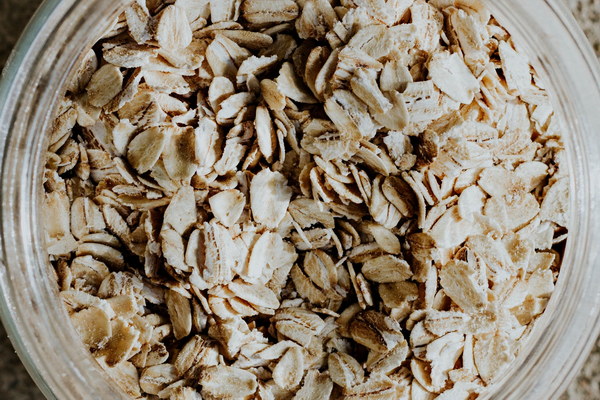Nurturing Your Liver and Kidneys A Comprehensive Guide to Daily Practices for Optimal Health
Nurturing Your Liver and Kidneys: A Comprehensive Guide to Daily Practices for Optimal Health
In the hustle and bustle of modern life, it's easy to overlook the importance of maintaining the health of our internal organs, such as the liver and kidneys. These vital organs play crucial roles in detoxifying the body, filtering waste, and regulating bodily functions. By adopting a few key lifestyle changes and incorporating specific practices into our daily routine, we can effectively support the health of our liver and kidneys. Here's a comprehensive guide to help you nurture these essential organs.
1. Maintain a Balanced Diet

A well-balanced diet is the cornerstone of liver and kidney health. Focus on including the following:
- Rich in Antioxidants: Fruits and vegetables like blueberries, strawberries, spinach, and kale are packed with antioxidants that help protect the liver from oxidative stress.
- High in Fiber: Foods such as whole grains, legumes, and nuts can help improve digestion and reduce the workload on the kidneys.
- Low in Salt and Fat: Excess salt can strain the kidneys, while high-fat diets can burden the liver. Opt for lean proteins and whole grains instead.
- Hydration: Drink plenty of water to support kidney function and help flush out toxins.
2. Exercise Regularly
Physical activity promotes overall health and can specifically benefit liver and kidney function:
- Aerobic Exercise: Activities like walking, running, or cycling improve blood flow and help the liver process toxins more efficiently.
- Strength Training: Building muscle mass can improve kidney function by reducing the risk of chronic kidney disease.
3. Limit Alcohol Consumption
Excessive alcohol intake can lead to liver disease, including cirrhosis and liver cancer. Limiting alcohol consumption is crucial for liver health.
4. Avoid Over-the-Counter Medications
Some over-the-counter medications, such as ibuprofen and acetaminophen, can damage the liver and kidneys if used excessively. Always follow dosage instructions and consult a healthcare professional if you have underlying health conditions.
5. Manage Stress
Chronic stress can lead to a variety of health issues, including liver and kidney problems. Practices such as meditation, yoga, and deep breathing exercises can help manage stress levels.
6. Get Regular Check-ups
Regular health check-ups can help detect any potential issues with the liver and kidneys early. Blood tests can measure liver enzymes and kidney function, providing a baseline for future comparisons.
7. Sleep Well
Adequate sleep is essential for overall health, including liver and kidney function. Aim for 7-9 hours of quality sleep per night.
8. Quit Smoking
Smoking can damage the liver and kidneys, increasing the risk of kidney disease and other health issues. Quitting smoking is a significant step towards improving organ health.
9. Stay Hydrated
Hydration is vital for kidney function. Drinking plenty of water helps flush out waste and toxins, reducing the risk of kidney stones and other kidney problems.
10. Consider Natural Supplements
Certain natural supplements can support liver and kidney health, such as milk thistle, dandelion root, and alpha-lipoic acid. Consult a healthcare professional before starting any new supplement regimen.
By incorporating these daily practices into your lifestyle, you can effectively nurture your liver and kidneys, promoting overall health and well-being. Remember, it's never too late to start taking care of your organs, and small changes can have a significant impact over time.









